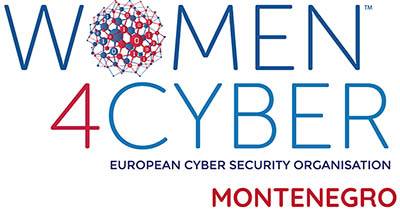Removing digital barriers is a crucial step towards creating an inclusive society where everyone has equal opportunities for learning, working, and communication. Digital barriers often stem from a lack of access to technology, internet connectivity, and digital literacy, which can severely limit individuals and communities in using modern digital tools and resources.
Key measures for removing digital barriers:
1. Education: Providing free courses and workshops for developing digital skills is essential. This includes basic computer skills, internet usage, online security, and the use of specific software tools. Education should be accessible to all age groups, from children to the elderly, so that everyone can successfully engage in the digital world.
2. Accessibility: Ensuring access to the internet and digital devices for everyone, especially marginalized groups such as low-income individuals, the elderly, rural communities, and people with disabilities. This can include subsidized programs for purchasing devices, free Wi-Fi spots in public areas, and affordable internet service prices.
3. Support: Creating support networks that offer advice and resources for better navigating the digital world. This can include online forums, technical support via phone or email, and local centers where people can receive help and advice from experts. Support is especially important for those new to using technology and who need additional help mastering basic skills.
4. Collaboration: Joint efforts by governments, non-governmental organizations, and the private sector on digital inclusion initiatives are necessary. This can include public-private partnerships for developing and implementing digital inclusion programs, grants for NGOs working on the ground, and policies that promote inclusive digital development. Collaboration across all sectors can ensure the sustainability and long-term success of these initiatives.
5. Promotion of Digital Literacy: Campaigns that raise awareness about the importance of digital literacy and encourage people to develop their digital skills. This can include media campaigns, public events, and collaboration with educational institutions.
These measures can significantly contribute to reducing the digital divide and enable all members of society to participate equally in the digital economy and culture. Removing digital barriers is not just a matter of technological advancement but also social justice, as it allows everyone to take advantage of the opportunities provided by modern technology and contribute to social development.












